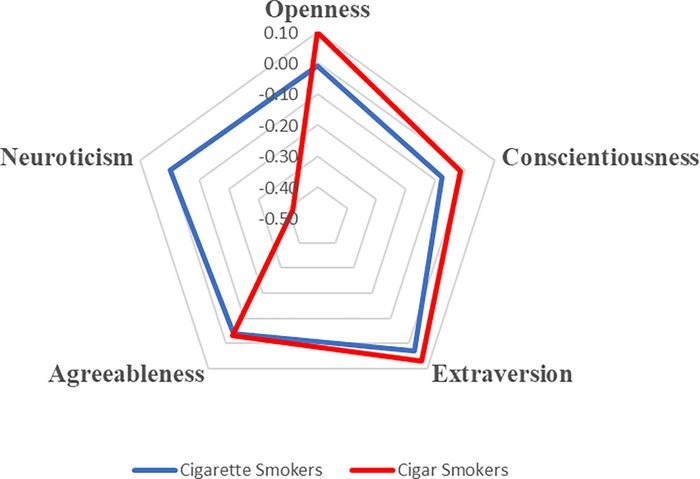Middle children are more likely to be honest, humble, and agreeable compared to other adult siblings in a family, according to a new study.
The study found that middle children tend to score higher than their siblings on traits linked to cooperation, such as agreeableness and honesty-humility.
The study, conducted by Michael Ashton and Kibeom Lee, psychology professors at Brock University in Ontario and the University of Calgary in Alberta, respectively, also discovered that people with more siblings generally exhibited higher levels of these cooperative traits.
They also found that birth order does have a small effect on cooperative personality traits, with middle and youngest children scoring slightly higher than firstborns.
Ashton and Lee also noted that people from larger families, with more siblings, were more likely to develop a cooperative personality.
Researchers have long sought to understand if there was a link between birth order and personality. For instance, Austrian psychologist Alfred Adler claimed that firstborns are responsible, the youngest are continuously pampered, and middle children often feel overlooked, developing certain traits in response.
However, previous research has only found some evidence that firstborns average slightly higher than later-borns in intellect-related traits.
Even these studies largely have not included comparisons between only children and individuals raised with siblings, researchers say.
Most earlier research called for further evidence of much larger effects in larger data samples.

The new study assessed whether personality trait levels could be linked to birth order and sibling number while attempting to overcome some of the key limitations of previous research.
It used more differentiated self-reported personality measures, with people rating their own levels of several traits such as honesty-humility (H), emotionality (E), extraversion (X), agreeableness (A), conscientiousness (C), and openness to experience (O).
Researchers also asked participants about the household in which they grew up and assessed their birth order.
The study did not distinguish between full or half-siblings, or whether individuals were biological, adopted, step-, or foster siblings.
It confirmed previous findings for intellect-related qualities and also found that honesty-humility and agreeableness traits could be somewhat higher for those with more siblings.
“Among persons having the same number of siblings, middle-borns and last-borns both averaged slightly higher than firstborns,” researchers write in the study published on Monday in the journal Proceedings of the National Academy of Sciences (PNAS).
“Honesty-Humility and Agreeableness both showed the highest means for middle-borns, followed in order by last-borns (youngests), firstborns (oldests), and only children,” they write.
In the study, scientists from the University of Calgary in Canada, analysed a large set of data of over 700,000 adults from geographically diverse backgrounds, assessing each one across major personality dimensions.
Researchers found that cooperativeness-related traits, such as honesty-humility and agreeableness, were highest for middle-born participants, followed by last-born and then first-born individuals.
Scientists also assessed the number of siblings in a sample of more than 70,000 adults and replicated the same result. They found that honesty-humility and agreeableness appeared to be higher in individuals with a greater number of siblings.
Among people having the same number of siblings, the first-born averaged slightly lower compared with the middle-born and last-born individuals, the study found.
The latest findings, according to researchers, highlight one of the benefits of growing up with many siblings.
It shows that having more siblings may promote the development of a more cooperative personality.
“The weight of that evidence now indicates that personality trait levels do differ as a function of birth order and sibship size,” scientists conclude.







